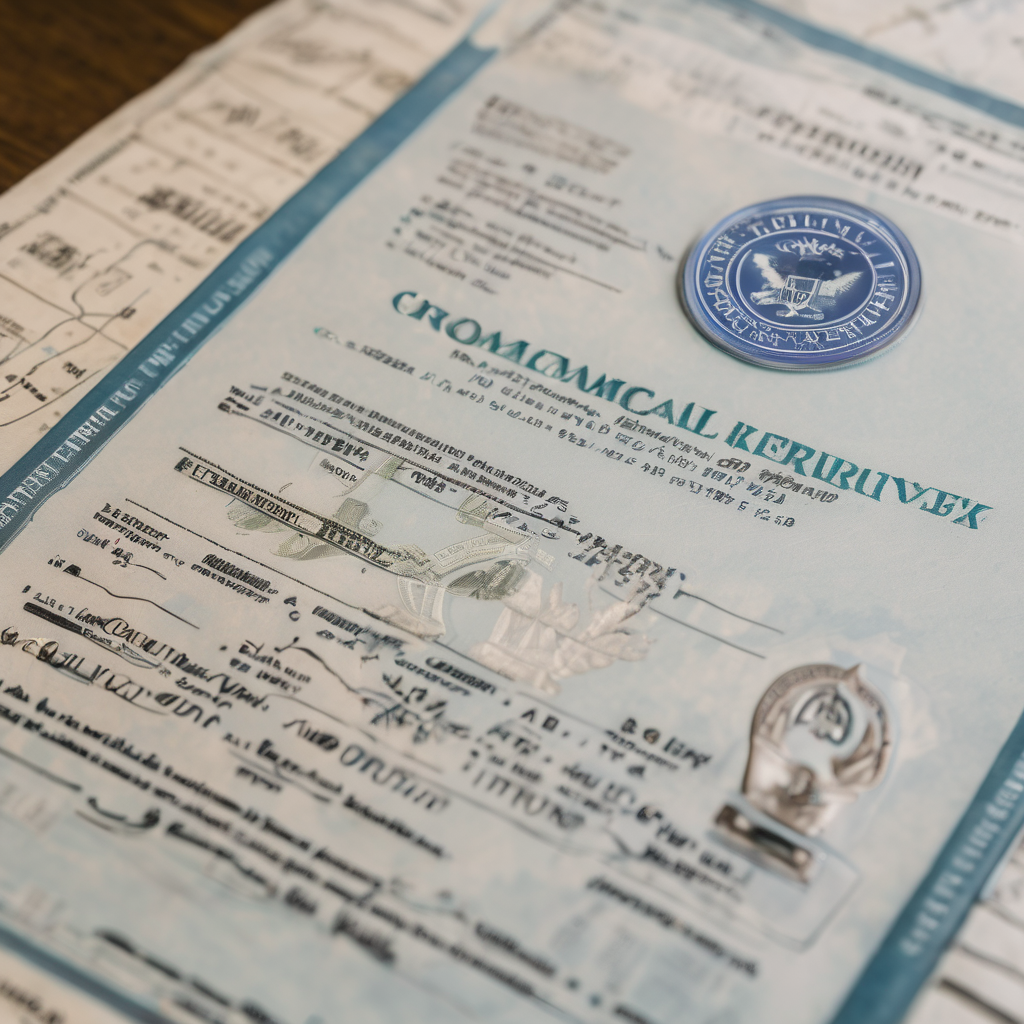In a sweeping move to bolster road safety and tighten the issuance of commercial drivers’ licenses, the U.S. Department of Transportation, led by Secretary Sean Duffy, has introduced stringent new regulations. This decision follows a troubling series of fatal crashes attributed to noncitizen truck drivers who were improperly licensed.
The initiative was spurred by a tragic U-turn incident in Florida, which claimed two lives and involved a truck operated by an immigrant driver. Similar incidents were subsequently identified in Texas and Alabama, escalating the urgency of regulatory reforms. Under the newly announced rules, only noncitizens holding H-2a, H-2b, or E-2 visas will be eligible to obtain commercial driving licenses, with eligibility capped at one-year periods or the expiration of the visa, whichever comes first. An essential component of the reform is the requirement for states to authenticate applicants’ immigration status via a federal database.
In a concomitant action, Secretary Duffy has threatened substantial financial repercussions against states found to be in noncompliance. For instance, California risks losing $160 million in federal funding unless it rectifies its licensing practices within 30 days. This follows a discovery that one-quarter of commercial licenses reviewed since June in the state should not have been issued according to existing regulations.
Despite facing criticism from California officials, who emphasize their relatively safe driving record, Duffy remains adamant about enforcing compliance to federal guidelines. His measures have received strong backing from major trucking associations, which have long advocated for stricter oversight to ensure that all commercial license holders are adequately qualified.
The recent fatalities, including the tragic accidents involving noncitizen truck drivers in Florida, Texas, and Alabama, have spotlighted the potential dangers of improperly licensed drivers on American roads. These accidents have further entwined the issue with larger political debates, particularly involving the governors of Florida and California.
Trade organizations such as the American Trucking Association and the Owner-Operator Independent Drivers Association have applauded the reforms, stressing the necessity for consistent enforcement to uphold road safety standards. While these measures aim to prevent unqualified drivers from obtaining licenses, questions about implementation and the potential impacts on the trucking industry’s labor shortages remain to be addressed.
As the Department of Transportation rolls out these new regulations, the emphasis will remain on ensuring that all drivers on U.S. highways meet rigorous safety standards, safeguarding both the motoring public and professional drivers alike.
